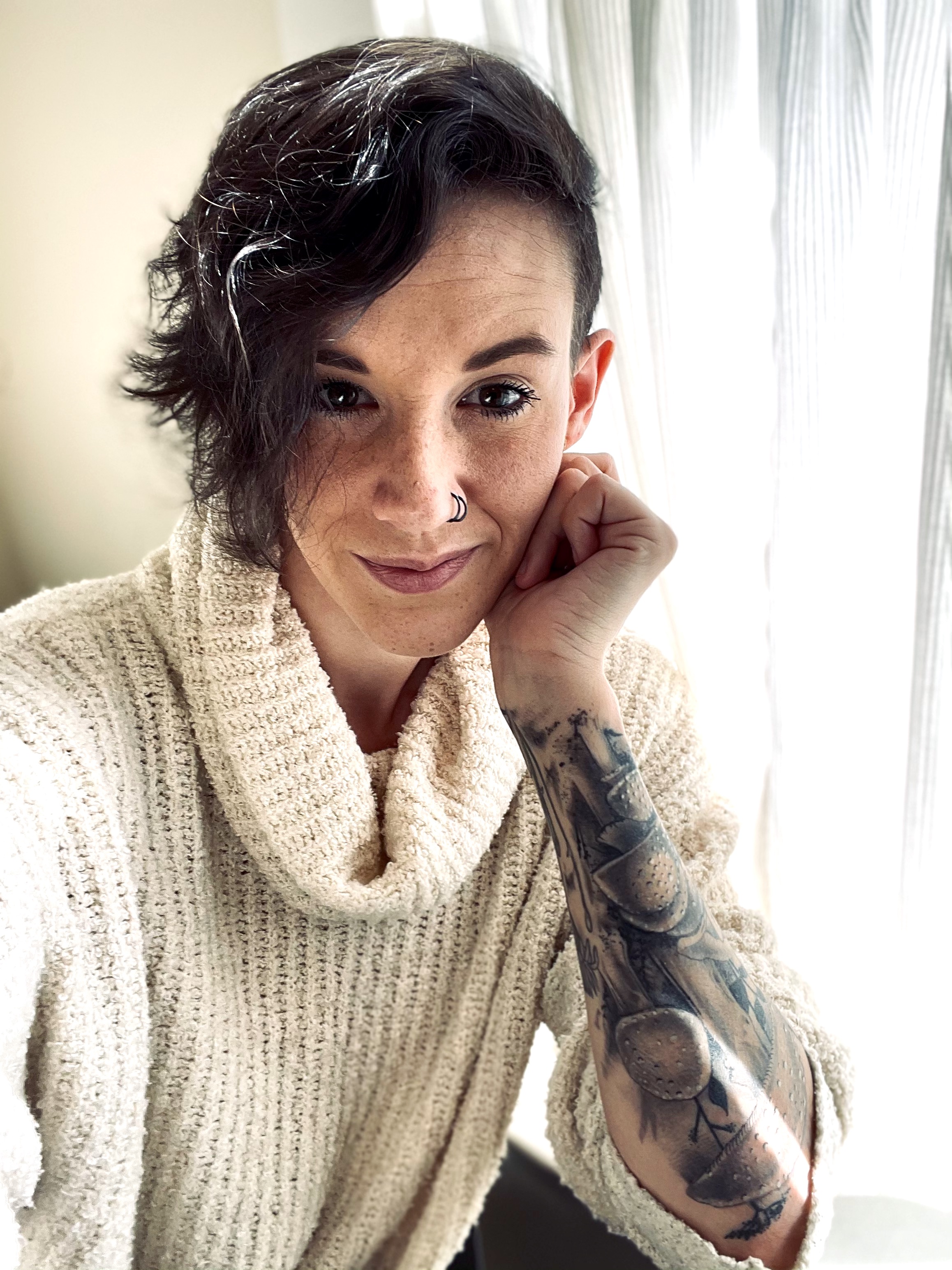Meet Teaching Artist Savannah Brooks


Savannah Brooks works at the Loft both as a teaching artist and within the marketing department. She earned her MFA in creative writing from Hamline University and, while doing so, dabbled in all things publishing. In 2018, she finally managed to narrow it down to working as an associate agent for the Jennifer De Chiara Literary Agency, where she gets to fawn over kid lit for a living. When not immersed in the world of words, she can be found in a boxing gym, lounging at one of Minnesota's 11,842 lakes, or attempting to find the best nachos in the Minneapolis. To learn more, visit her website and follow her on Twitter.
You can find Savannah's current class list by visiting her artist bio page.
***
When did you start teaching? What path—career or otherwise—brought you here?
The first writing classes I taught were as a TA in grad school while getting my MFA in creative writing at Hamline. I was definitely nervous, but as soon as I got into the classroom, it felt natural. I've taught at the Loft since, oh, 2018 or so, and I teach a variety of classes, from craft to editing to publishing. I also volunteer with 826 MSP in their writer's room, where I get to work with high school students.
How would you describe your teaching style?
I try to be as engaging and collaborative as possible. I'm in the classroom for my expertise, but I'm by no means the smartest person there, and I like to capitalize on that. We all have experience and perspectives and opinions, and a classroom is much more robust when everyone feels encouraged to share theirs.
When it comes to imagining and creating classes, where do your ideas come from? What in particular inspires you?
Pretty much all of my classes have flavors of classes I took during my own MFA, since that experience was so pivotal for me. My classes are also inspired by different things that crop up when I work with my authors on their manuscripts. As an agent, I work with authors from the top down—from developmental editing all the way down to copyediting, and I take note of what I end up addressing time and time again. That helps me decide what to include in different curriculums.
What's the ideal environment for your classroom? What atmosphere are you hoping to establish?
I want a classroom to feel like a community. Nothing makes one of my classes feel like more of a success that when students create a writing group together afterward. It takes a lot of courage to sign up for a writing class, knowing other people will be reading your work and giving feedback on it. When that can turn into a bonding experience instead of an alienating one, that's really the pinnacle of creative community.
Regardless of what your class is specifically focusing on, what's the main goal you have for your students?
I want my students to leave the classroom feeling confident that they can continue to grow in their writing. The whole "teach a man to fish" metaphor is overdone, but it's true here: giving students tools and an understanding of how they can shape those tools to tackle different issues is key to helping them become dynamic writers.
What are goals you have for yourself? These could be teaching goals, writing goals, career goals, community goals, etc.
Overall, my goal is to be as imbued in the Twin Cities writing community as possible. I do that through a couple different avenues: I'm a lit agent, and while I don't solely rep Minnesota writers, I take great joy knowing I can be my writers' connection to this wonderful city. I teach and work at the Loft, so I get to meet a ton of incredible writers and educators. I volunteer with 826 MSP, so I have the gift of meeting kids and teens who will undoubtably shape the literary voice of tomorrow. Eventually, I'd like to refocus on my own writing, but for now, helping other people get their stories out there into the world feels like the most important goal I can have.
What have been some of your own favorite educational experiences?
I had a wonderful experience in my MFA, and I've been to some really cool writing workshops, but—not to get all cheeseball about it—my favorite educational experiences have been through meeting people and learning about what they're really into. This is what's so great about a room full of writers: everyone there has something they're passionate about getting onto a page. It's amazing the things I learn when I teach CNF classes, but my fiction classes can be just as informative!
To you personally, what is the most important part of the literary arts?
Even the term "literary arts" have begun to get a bad rep, because people automatically think "literary" is synonymous with "snobbish." That can definitely be true, but it doesn't have to be. Like so many other lit-pub people, I too have the defining moment of my life that came from reading. I have the books I can honestly say saved my life. I have the literary tattoos (multiple, in fact). If we go back and think about what truly made us love reading and writing, that's where we find the importance of the arts.
Books can change the world. We learn how to empathize and grow and change our mind based on what we read and listen to. We see parts of the world and communities of people different because of what we're shown. Books are how we connect. In my mind, the importance of this cannot be understated.